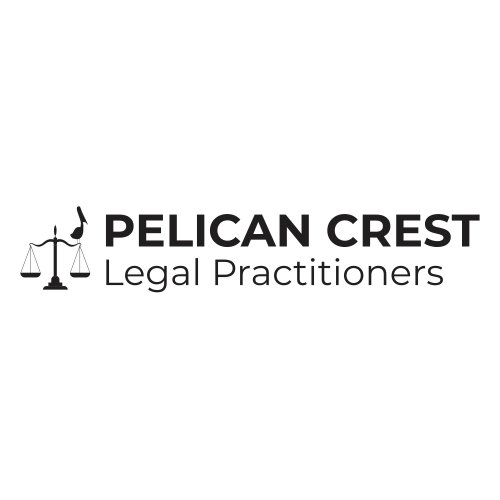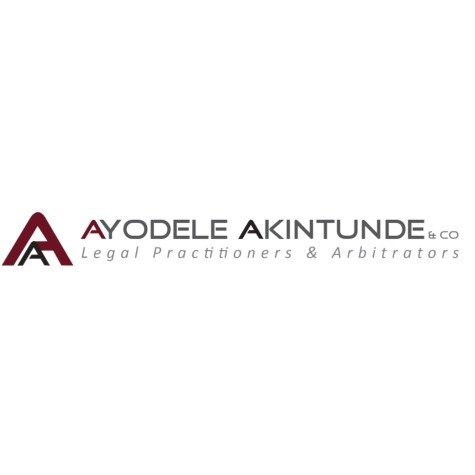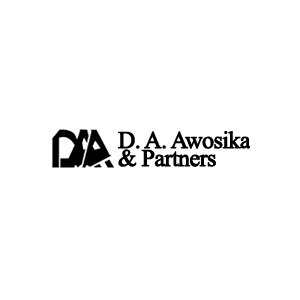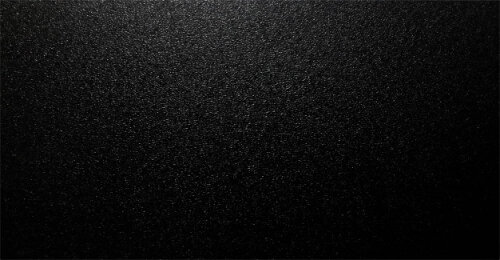Best Copyright Lawyers in Nigeria
Share your needs with us, get contacted by law firms.
Free. Takes 2 min.
Or refine your search by selecting a city:
List of the best lawyers in Nigeria
Legal guides written by Adeola Oyinlade & Co:
- Procedure and Requirements for Work Permit and Visas in Nigeria
- The Step-By-Step Procedure of How to Apply for Microfinance Bank License Online in Nigeria
- How to Ensure the Smooth Recognition and Enforcement of Foreign Judgments in Nigeria
Nigeria Copyright Legal Questions answered by Lawyers
Browse our 3 legal questions about Copyright in Nigeria and read the lawyer answers, or ask your own questions for free.
- When is best for an author of a literary work to register copy right, and engage a copy right lawyer, will it be before sending their manuscript to a publisher or After sending in Thier manuscript to a publisher?
- Should the author of a literary work register copy right and engage the service of a copy right lawyer before sending in their manuscript to a publisher or After sending in their manuscript to a publisher
-
Lawyer answer by Highlaw Chambers
It is generally recommended for authors to register copyright sending their manuscript to a publisher to establish ownership and protect their rights.
Read full answer - Copyright
- What is the best manner to protect my income and copyright when an institution uses my book to prepare a course of study and issues certificates ti students?
-
Lawyer answer by CO-dunni Law Solicitors
Register it with the copyright commission. Then you can sue for share of profits where it is used without your permission to gain income. Also to prevent them from further use of it without your permission. But be sure to...
Read full answer - in entertainment law, what is the most important step for me to do before i record a song with a producer?
- I have paid upfront with a music producer who mixed and mastered the song (music and beats which I created) that I recorded with. What steps do I need to take to ensure this song, including the music and beats, is completely mine and he will not be able to... Read more →
-
Lawyer answer by CO-dunni Law Solicitors
Enter a contract with the music producer to secure your rights to the songs. You may contact us directly for further enquires. Good morning.
Read full answer
About Copyright Law in Nigeria
Copyright law in Nigeria is governed by the Copyright Act, which aims to protect the intellectual property rights of authors, artists, and creators of original works. This legal framework provides creators with the right to control, disseminate, and profit from their creations. The law covers a wide range of creative works such as literature, music, film, broadcasts, and computer software. Nigeria, as a member of international conventions like the Berne Convention, ensures that its copyright regulations are aligned with global standards, thus providing a foundation for protecting creations and enforcing rights both domestically and internationally.
Why You May Need a Lawyer
Individuals and organizations may require legal assistance in copyright matters for various reasons. If you are a creator, you might need a lawyer to help you register your work and enforce your legal rights in case of infringement. Businesses often seek legal counsel to navigate complex licensing agreements or to ensure that their use of copyrighted material is compliant with the law. Additionally, if faced with disputes over ownership, reproduction, or distribution of creative works, engaging a lawyer can help in negotiating settlements or conducting litigation.
Local Laws Overview
The key aspects of copyright laws in Nigeria include the recognition of both economic and moral rights for authors. Economic rights provide creators with the ability to control and financially benefit from their work, while moral rights protect the integrity and attribution of the work. The copyright duration in Nigeria generally lasts for the lifetime of the creator plus 70 years after their death. Furthermore, copyright infringement, both civilly and criminally actionable, includes unauthorized use, reproduction, distribution, or public performance of copyrighted works. The Nigerian Copyright Commission is the primary regulatory body responsible for the administration and enforcement of copyright laws.
Frequently Asked Questions
What is copyright?
Copyright is a legal right granted to creators of original works, providing them with exclusive rights to use, reproduce, and distribute their creations.
How long does copyright last in Nigeria?
In Nigeria, copyright protection lasts for the lifetime of the author plus 70 years after their death for literary, musical, and artistic works.
What types of works are protected by copyright in Nigeria?
Literary works, music, films, sound recordings, broadcasts, and computer programs are among the works protected under Nigerian copyright law.
Is registration required to obtain copyright in Nigeria?
While registration is not mandatory, it is advisable to do so as it provides clear evidence of ownership and helps facilitate legal proceedings in case of infringement.
What constitutes copyright infringement?
Copyright infringement occurs when a copyrighted work is used, reproduced, distributed, or displayed without the permission of the rights holder.
Can copyright be transferred or sold?
Yes, copyright ownership can be transferred or assigned through a written agreement, allowing another party to hold the rights to use and profit from the work.
What are moral rights?
Moral rights protect the personal and reputational value of a work and include rights of attribution and integrity, ensuring the creator’s work is not disrespected or distorted.
Are there penalties for copyright infringement in Nigeria?
Yes, penalties for copyright infringement can include fines, damages, and imprisonment, depending on the severity and nature of the infringement.
What are exclusive rights in copyright law?
Exclusive rights refer to the rights of copyright holders to control the use of their works, such as reproduction, distribution, public performance, and adaptation.
How can I avoid copyright infringement?
To avoid copyright infringement, always seek permission from the copyright owner, use works under public domain or with Creative Commons licenses, and ensure compliance with all licensing agreements.
Additional Resources
The Nigerian Copyright Commission (NCC) serves as the primary body for copyright administration and enforcement. It provides guidelines, resources, and support for creators and businesses. Other valuable resources include legal practitioners specializing in intellectual property law and academic publications on copyright laws in Nigeria.
Next Steps
If you need legal assistance in copyright matters, consider consulting with a lawyer who specializes in intellectual property law. Start by researching local law firms or legal practitioners with experience in copyright issues. Prepare any relevant documents related to your situation, and be ready to discuss your specific needs and concerns. It's also beneficial to understand your rights under the Copyright Act to better communicate with your legal advisor.
Lawzana helps you find the best lawyers and law firms in Nigeria through a curated and pre-screened list of qualified legal professionals. Our platform offers rankings and detailed profiles of attorneys and law firms, allowing you to compare based on practice areas, including Copyright, experience, and client feedback.
Each profile includes a description of the firm's areas of practice, client reviews, team members and partners, year of establishment, spoken languages, office locations, contact information, social media presence, and any published articles or resources. Most firms on our platform speak English and are experienced in both local and international legal matters.
Get a quote from top-rated law firms in Nigeria — quickly, securely, and without unnecessary hassle.
Disclaimer:
The information provided on this page is for general informational purposes only and does not constitute legal advice. While we strive to ensure the accuracy and relevance of the content, legal information may change over time, and interpretations of the law can vary. You should always consult with a qualified legal professional for advice specific to your situation.
We disclaim all liability for actions taken or not taken based on the content of this page. If you believe any information is incorrect or outdated, please contact us, and we will review and update it where appropriate.
Browse copyright law firms by city in Nigeria
Refine your search by selecting a city.

















